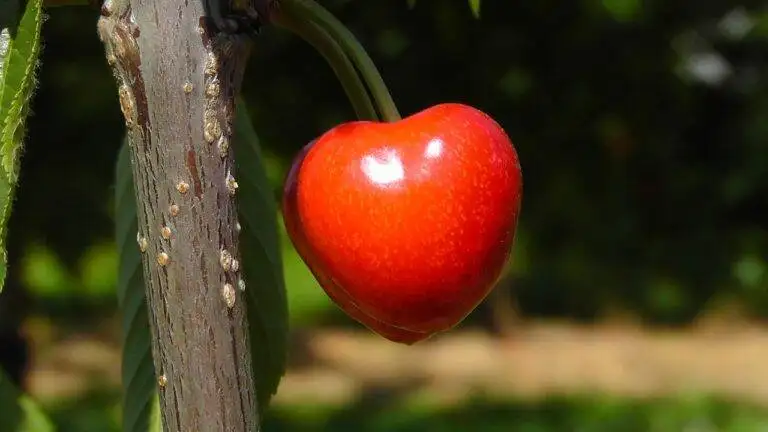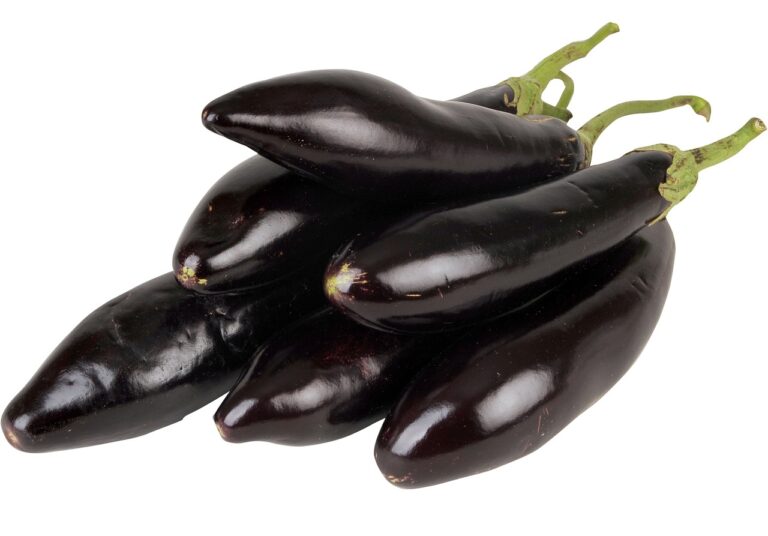The Impact of Beekeeping on Ecosystem Sustainability: Goldbet7.com login, Radha exchange, 11xplay online
goldbet7.com login, radha exchange, 11xplay online: Beekeeping, also known as apiculture, has been practiced for centuries around the world. It involves the management of honey bees to produce honey, beeswax, pollen, royal jelly, and other bee products. While beekeeping is primarily done for its economic benefits, it also plays a crucial role in ecosystem sustainability.
Beekeeping has a significant impact on ecosystem sustainability in various ways. Bees are essential pollinators that play a vital role in the reproduction of flowering plants, including many crops that contribute to human food supply. In fact, it is estimated that one-third of the food we consume each day relies on pollination by bees and other insects.
By maintaining healthy bee populations through beekeeping practices, we can ensure the sustainability of ecosystems by promoting biodiversity and preserving natural habitats. Bees not only pollinate agricultural crops but also wild plants, contributing to the overall health and stability of ecosystems.
Furthermore, beekeeping can help support local economies and communities by providing job opportunities, promoting sustainable agriculture practices, and fostering environmental stewardship. Many beekeepers also participate in conservation efforts to protect pollinators and their habitats.
Overall, beekeeping is a valuable and environmentally friendly practice that can have a positive impact on ecosystem sustainability. By supporting bee populations and promoting pollinator health, we can help ensure the long-term health and viability of ecosystems around the world.
Heading 1: The Importance of Bees in Ecosystem Sustainability
Bees are crucial pollinators that play a vital role in the reproduction of flowering plants, including many crops that contribute to human food supply.
Heading 2: The Role of Beekeeping in Supporting Bee Populations
Beekeeping practices can help maintain healthy bee populations by providing hives, food sources, and protection from pests and diseases.
Heading 3: Benefits of Beekeeping for Local Communities
Beekeeping can support local economies and communities by creating job opportunities, promoting sustainable agriculture practices, and fostering environmental stewardship.
Heading 4: Conservation Efforts in Beekeeping
Many beekeepers participate in conservation efforts to protect pollinators and their habitats, contributing to biodiversity and ecosystem health.
Heading 5: Challenges Facing Beekeeping
Beekeeping faces various challenges, including habitat loss, pesticide use, climate change, and diseases that can impact bee populations and ecosystem sustainability.
Heading 6: The Future of Beekeeping
Despite the challenges, beekeeping continues to play a crucial role in ecosystem sustainability and human food supply, highlighting the importance of supporting bee populations and promoting pollinator health.
FAQs:
Q: How can I start beekeeping?
A: You can start beekeeping by learning about beekeeping practices, obtaining the necessary equipment, and setting up hives in a suitable location with access to food sources for bees.
Q: What are the benefits of beekeeping for the environment?
A: Beekeeping can help support biodiversity, promote pollinator health, and contribute to ecosystem sustainability by maintaining healthy bee populations and preserving natural habitats.
Q: How can I support bee populations in my community?
A: You can support bee populations in your community by planting bee-friendly plants, avoiding the use of pesticides, and supporting local beekeepers and conservation efforts.
Q: What are some common challenges facing beekeeping?
A: Common challenges facing beekeeping include habitat loss, pesticide use, climate change, and diseases that can impact bee populations and ecosystem sustainability.
Q: What is the future of beekeeping?
A: The future of beekeeping depends on efforts to support bee populations, promote pollinator health, and address challenges facing beekeeping, highlighting the importance of sustainable practices and conservation efforts.







